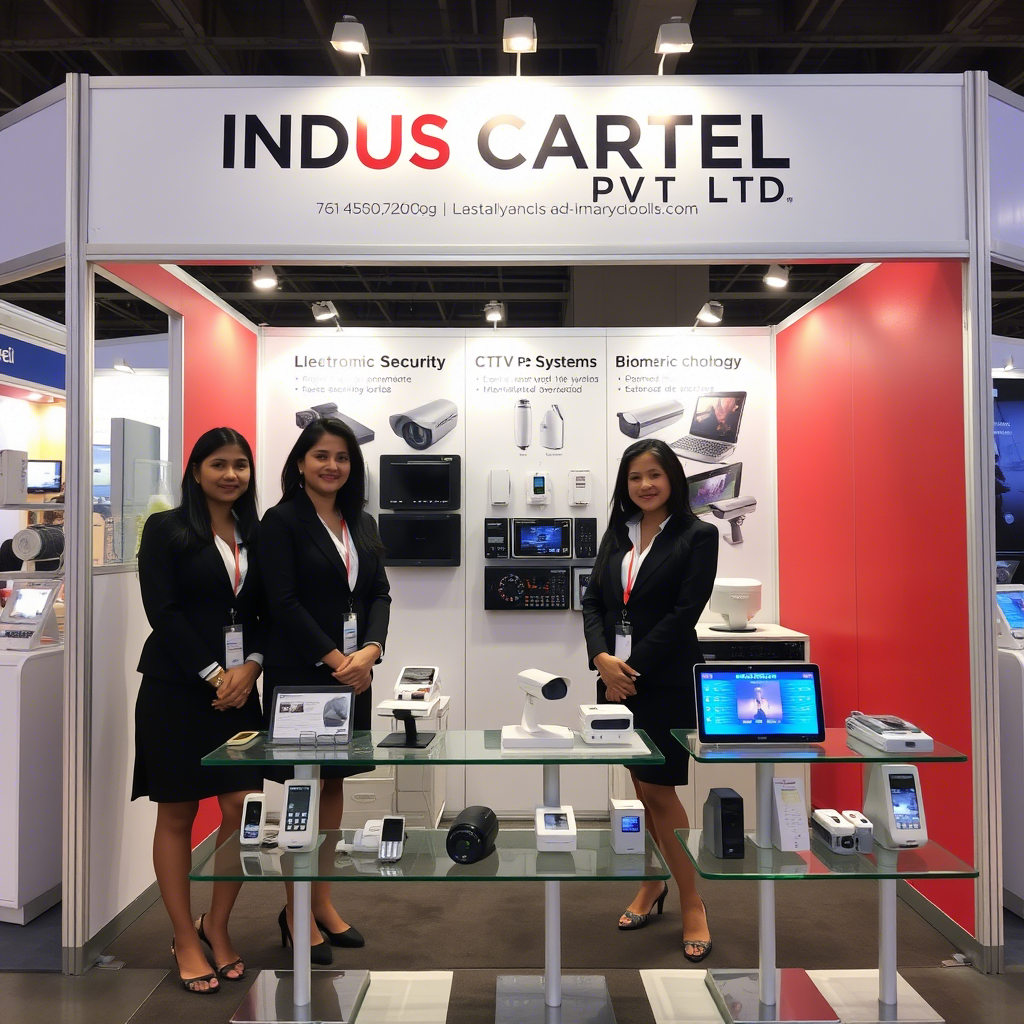Fire Alarm Systems: Protecting Your Residential Colony in Mumbai
Introduction
In the bustling city of Mumbai, ensuring the safety of residential colonies is paramount. Fire alarms are a critical component of any comprehensive security system. At Indus Cartel, we understand the importance of fire safety and offer advanced fire alarm systems tailored to the needs of residential buildings in Mumbai. As a trusted supplier of renowned brands like GST, Cooper, Apollo, and Ravel, we provide top-quality fire alarm solutions. This page will delve into the components of fire alarm systems, the types of detectors, their differences, and why they are essential for residential colonies. We will also explore the differences between an Analogue fire alarm panel and an Addressable panel, as well as the distinction between a fire alarm system and a fire suppression system.
System Components of Fire Alarm Systems
A fire alarm system consists of several key components that work together to detect, alert, and manage fire incidents. These components include:
- Smoke Detectors:
- Ionization Smoke Detectors: These detectors are sensitive to fast-flaming fires and use a small amount of radioactive material to detect smoke particles.
- Photoelectric Smoke Detectors: These detectors are better at detecting smoldering fires and use a light source and photocell to detect smoke.
- Heat Detectors:
- Fixed Temperature Detectors: These detectors activate when the temperature exceeds a predetermined level.
- Rate-of-Rise Detectors: These detectors respond to a rapid increase in temperature.
- Manual Call Points:
- These are devices that allow occupants to manually trigger the fire alarm system in case of a fire.
- Fire Alarm Control Panel (FACP):
- The brain of the fire alarm system, responsible for receiving signals from detectors and initiating appropriate responses.
- Audible and Visual Alarms:
- Sirens, bells, and strobe lights that alert occupants to the presence of a fire.
Types of Detectors and Their Differences
Understanding the types of detectors and their specific functions is crucial for effective fire detection:
- Ionization vs. Photoelectric Detectors:
- Ionization Detectors: Best for fast-flaming fires, but may produce false alarms from cooking smoke.
- Photoelectric Detectors: Better for smoldering fires, reducing false alarms from cooking smoke.
- Heat Detectors:
- Fixed Temperature Detectors: Ideal for areas where smoke detectors may cause false alarms, such as kitchens.
- Rate-of-Rise Detectors: Suitable for areas where rapid temperature changes are expected.
Why Fire Alarms are Important in Residential Colonies
Fire alarms are essential for several reasons:
- Early Detection: Fire alarms provide early warning, allowing occupants to evacuate safely and firefighters to respond promptly.
- Life Safety: Timely alerts can save lives by ensuring occupants are aware of the danger and can take immediate action.
- Property Protection: Early detection can minimize fire damage, protecting valuable assets and reducing repair costs.
- Compliance: Many local regulations require fire alarms in residential buildings to ensure safety standards are met.
Analogue vs. Addressable Fire Alarm Panels
Understanding the differences between Analogue and Addressable fire alarm panels is crucial for selecting the right system:
- Analogue Fire Alarm Panels:
- Simplicity: Easier to install and maintain.
- Cost-Effective: Generally less expensive.
- Limited Information: Provides basic information about the alarm, but not the specific location.
- Addressable Fire Alarm Panels:
- Advanced Technology: Each detector has a unique address, providing detailed information about the exact location of the fire.
- Flexibility: Easier to modify and expand.
- Higher Cost: More expensive but offers greater functionality and accuracy.
Fire Alarm System vs. Fire Suppression System
While both systems are crucial for fire safety, they serve different purposes:
- Fire Alarm System:
- Detection and Alert: Detects fires and alerts occupants and emergency services.
- Evacuation: Facilitates safe evacuation of the building.
- Fire Suppression System:
- Active Fire Control: Uses water, foam, or chemicals to extinguish or control the fire.
- Protection of Assets: Prevents fire spread and protects valuable assets.
Conclusion
Ensuring the safety of your residential colony in Mumbai requires a robust fire alarm system. At Indus Cartel, we provide comprehensive fire alarm solutions tailored to the unique needs of Mumbai’s residential buildings. Our expert team is dedicated to helping you design and implement a system that ensures the safety and security of your property.
Contact us today to learn more about our fire alarm systems and how we can help you protect your residential colony.
Visit Indus Cartel for more information and to get started on your fire safety journey.
We offer our services for :
- Fire alarms in Mumbai
- Residential fire alarm systems
- Smoke detectors in Mumbai
- Fire alarm panels in Mumbai
- Fire suppression systems in Mumbai
- Fire safety in residential colonies
- Addressable fire alarm panels
- Analogue fire alarm panels
- Fire detection systems in Mumbai
- Fire alarm installation in Mumbai




